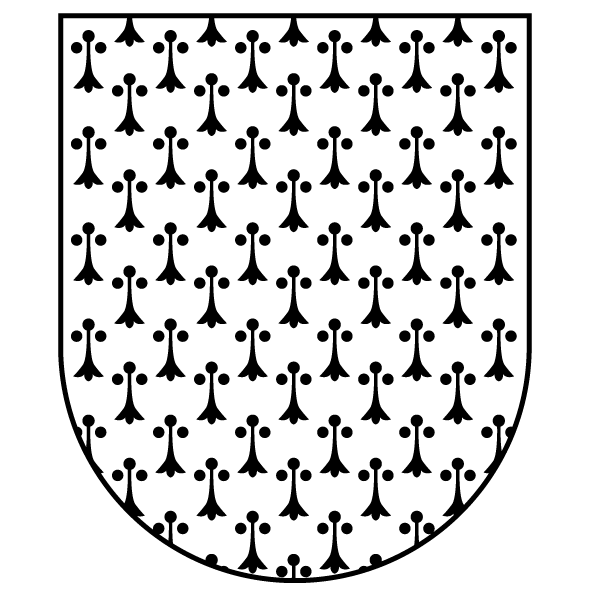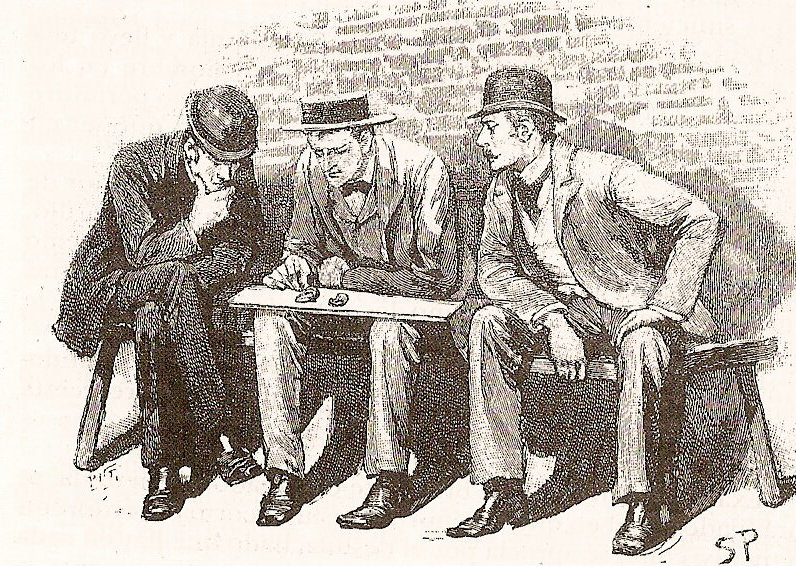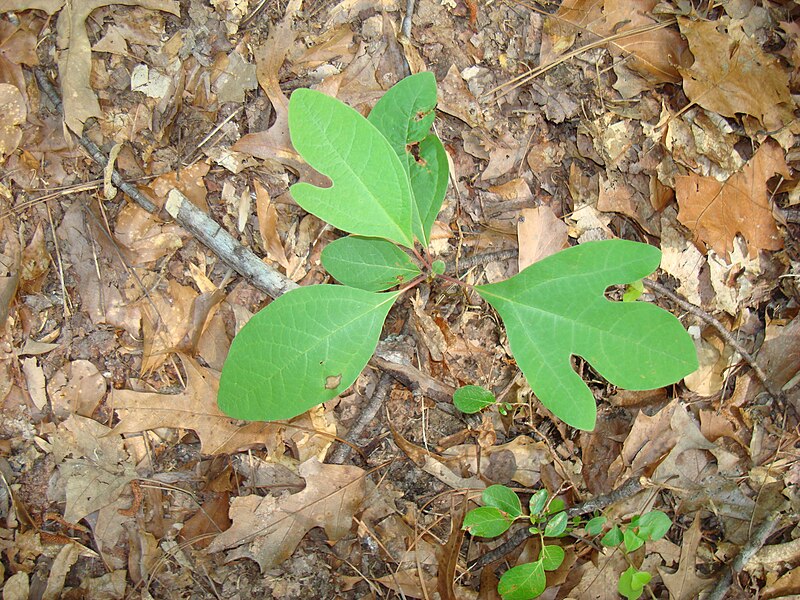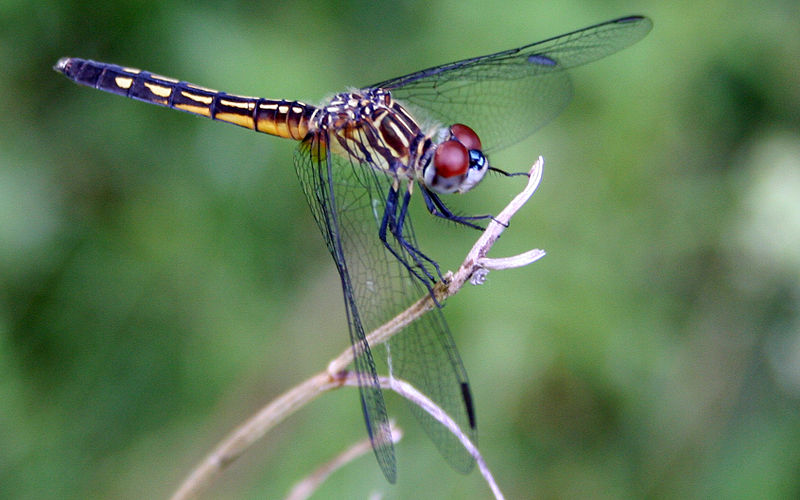It's true that only oldish men can really pull this off - if a woman tries to be genial she'll probably be called warm, and a child sweet-natured - but, hey, it's still not a bad project.
Let people know you're pleased to see them. Be generous with offers of help and hospitality (as allowed by your local rules). Let people feel you like and value them.

illustration by Kyd (Joseph Clayton Clarke)
Be of good cheer, and chin up...
...speaking of which, genial also means to do with the chin (and so, too, does last week's Thing Not To Be Today, mental).
But that's a compete coincidence.
Thing To Do Today: be genial. The word meaning warm comes from the Latin geniālis, to do with birth and marriage, from genius, which is a guardian god. The word genial which relates to the chin is from the Greek geneion, from genus, jaw.
Mental meaning to do with the chin comes from the Latin word mentum, chin.


















